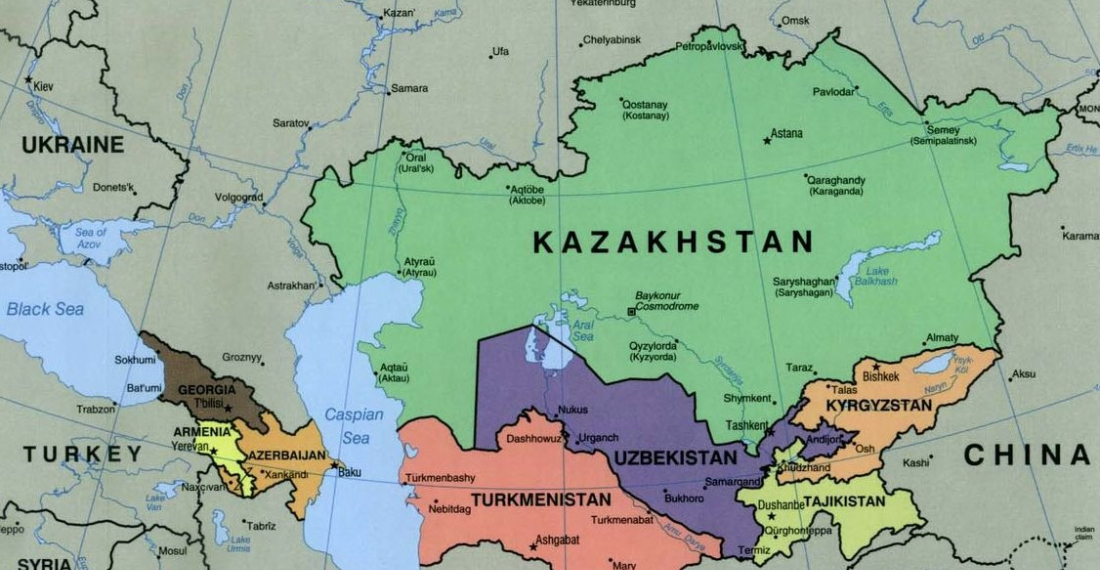In a move to increase regional economic integration, the UN Global Compact has established a Central Asia Country Network, uniting companies across Kazakhstan, Kyrgyzstan, Uzbekistan, Tajikistan, and Turkmenistan. Over 140 firms have already signed on, marking a shift from previously isolated efforts toward a coordinated approach to sustainable business and the Sustainable Development Goals (SDGs).
The new network will deliver training, tools, and global partnerships to help businesses improve corporate governance, boost transparency, reduce carbon emissions, and meet rising demands for ethical labour standards. It also aims to build trust across borders via joint training programmes, regional dialogues, and business alliances. In addition, this network promises to offer different opportunities for the youth, which represents more than 60% of the population in the region.
Sanda Ojiambo, UN Global Compact CEO, underscored Central Asia’s importance as a crossroads connecting Europe, Asia, and the Middle East, highlighting the network’s potential to anchor responsible investment and green growth in a politically evolving region.
Moving forward, the network will focus on actionable initiatives, such as linking local firms to SDG-aligned investment, fostering regional cooperation, and translating international sustainability standards into tangible development outcomes.
Source: commonspace.eu with ESG News and agencies.







